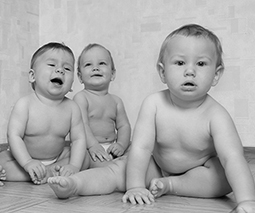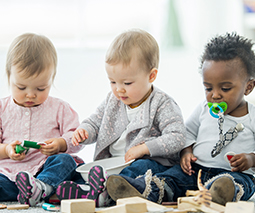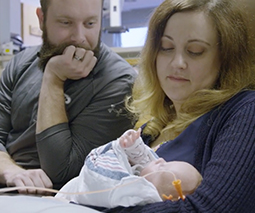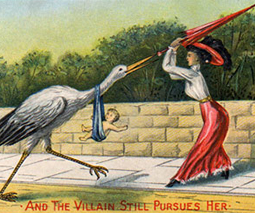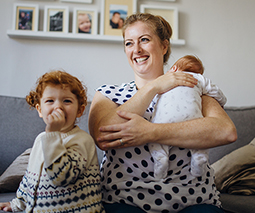Lena Dunham’s rethinking parenting after her recent hysterectomy

Girls star Lena Dunham has literally spent years struggling with endometriosis and what she calls a “defective” uterus. Multiple procedures and way too much time feeling terrible prompted Lena to call time on the battle, and she had a hysterectomy – at 31 – in a bid to finally get well.
Hysterectomy at 31
Lena says her ovaries remain in place and in tact – probably to avoid the early onset of menopause – but her uterus has now been removed.
Endometriosis is a disorder where tissue that usually lines the uterus grows outside the uterus. A whopping 176 million women worldwide suffer with endometriosis – that’s one in 10 women. It’s incredibly debilitating and can ultimately cause infertility. Endometriosis usually takes between seven and 10 years to be diagnosed, because girls and women assume the symptoms they are experiencing – things like abdominal pain, fatigue and bleeding – are normal.
The condition is treated in a number of ways, including pain killers, hormonal treatments, keyhole surgery, bowel surgery and – as in Lena’s case – a hysterectomy.
“I never had a single doubt about having children”
Lena’s now finding her way around life without her uterus, and rethinking her approach to becoming a mother in light of her newfound circumstances. Writing for Vogue about this major surgery and its implications, she says she has always wanted to be a mum and grew up playing out a future pregnancy in typical theatrical style.
“The fact is, I never had a single doubt about having children,” Lena writes. “Not one, since the day I could understand how families were made. And pregnancy was the glorious beginning of that vision. As a child, I would stuff my shirt with a pile of hot laundry and march around the living room beaming.”
But Lena also says she had an inkling something was wrong with her.
“I know something else, too, and I know it as intensely as I know I want a baby: that something is wrong with my uterus. I can feel it, deeply specific yet unverified, despite so many tests and so much medical dialogue. I just sense that the uterus I have been given is defective.”
Addictive pain-killing medication
Her Spidey senses were unfortunately spot on. So, after more than a decade of trying to cope with the pain that endometriosis brings. After more than 40 intrusive trans-vaginal ultrasounds aimed at finding new treatment approaches and protecting Lena’s fertility. After never-ending discussions about happy ovaries and healthy eggs and babies-to-be, the pain became too much and Lena decided removing its source was the best way forward.
“And so, while I am on what is essentially medical-grade heroin to handle the pain (impossibly addictive drugs are obviously not a long-term solution for me), I write a 1,000-word essay on why, given the circumstances, I’m sure I can handle losing my uterus before I turn 32,” Lena explains.
“Worse than anyone could have imagined”
And lose it she did. While she recognises it’s not the choice for everyone, it turned out that it was a brilliant – and arguably the only – choice for her.
“I wake up surrounded by family and doctors eager to tell me I was right,” Lena remembers of her post-operative fog. “My uterus is worse than anyone could have imagined.”
“In addition to endometrial disease, an odd humplike protrusion, and a septum running down the middle, I have had retrograde bleeding, a.k.a. my period running in reverse, so that my stomach is full of blood. My ovary has settled in on the muscles around the sacral nerves in my back that allow us to walk. Let’s please not even talk about my uterine lining.”
Rethinking babies
Lena says she’s now at the beginning of a journey she didn’t expect to take, but is feeling excited about what lies ahead. Whether it’s surrogacy or adoption, she’s still certain she wants to be a mother.
“Adoption is a thrilling truth I’ll pursue with all my might,” Lena reveals, explaining that the jury is still out re the viability of her eggs. She’s coming to terms with the reality of never being pregnant, very slowly.
“I wanted that stomach. I wanted to know what nine months of complete togetherness could feel like. I was meant for the job, but I didn’t pass the interview. And that’s OK. It really is. I might not believe it now, but I will soon enough.”
We wish her a speedy recovery and look forward to future baby news.
You can read Lena’s full essay here.
